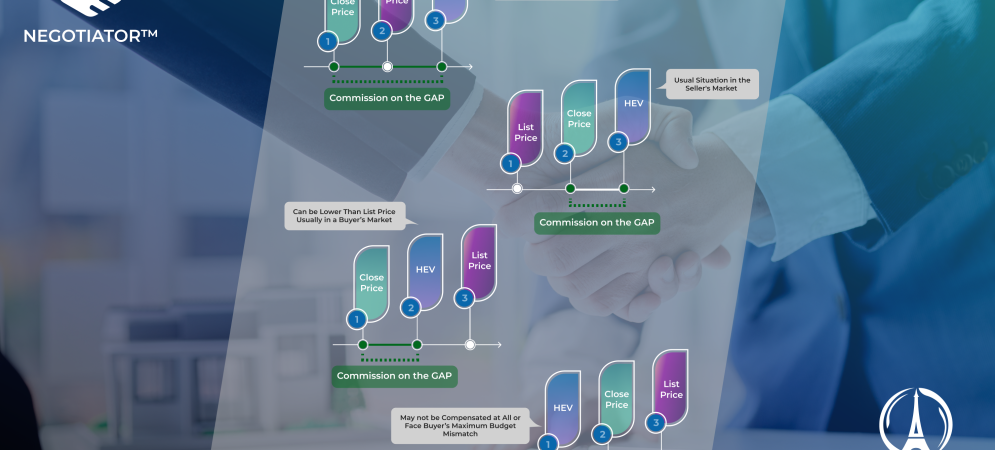A New Era for Real Estate Professionals: The NEGOTIATOR® Program
In business, whether it’s real estate or any other field, adaptability is key. Challenges arise, and the successful adjust and evolve. As real estate agents, we’ve faced changing landscapes and unexpected obstacles time and again. Enter the NEGOTIATOR® Network - a completely new way to do business. Unlike traditional models where agents earn based on the total sale price, the NEGOTIATOR® is paid based on how much they save the buyer at the closing table. It’s a win-win, aligning incentives with the buyer’s interests. The NEGOTIATOR® is a unique role with different responsibilities, compensation, and expertise. It’s not just a…
Read More









